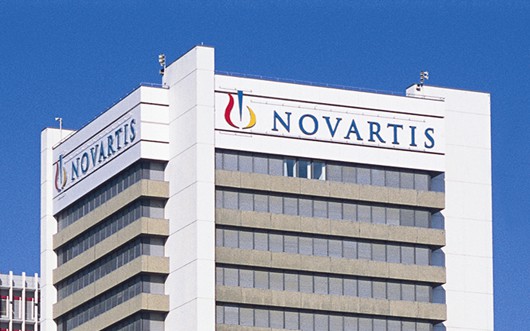
Advisors to the FDA have recommended the approval of Novartis’ new biosimilar of Amgen’s blockbuster cancer medicine Neupogen.
There is already a version of the drug on the US market by Teva, but it is not technically a biosimilar under a complicated deal it made with Amgen in order to market the treatment.
This means that should Novartis gain approval for its version of Neupogen (filgrastim), it will officially be the first biosimilar available in the US. The patented medicine has five licences in the country, including helping to combat infection in patients treated with chemotherapy.
The drug is not a simply generic – such as the copycat version of statins or antipsychotics – as it has biological tissue involved in the development process.
This means that Novartis has had to do some R&D for its new drug, and it will need to be approved under the FDA’s new biosimilar pathway process.
This in turn means that the copy will not be cheap but would cost around 30% less than its patented equivalent, meaning large savings can still be made by the US healthcare system if patients switch.
In documents released Monday, the FDA advisers said that there was “no clinically meaningful differences” between the Novartis copy of Neupogen, made by its Sandoz generics subsidiary and the original treatment.
A number of these drugs are already available in Europe, including a version of Neupogen by Teva, and the drug is also sold in more than 40 countries outside of the US under the brand name Zarzio.
The US healthcare reforms under President Barack Obama in 2010 allowed the FDA to also approve biosimilars in the country but it is far behind the rest of the world, which has allowed these types of medicines for many years.
Europe first began allowing biosimilars in 2005, but the majority of Neupogen’s sales come from the US, making $1.4bn in revenue last year.
The FDA does not have to follow the advice of its panels but it typically does so, with the regulator scheduling a meeting for tomorrow (January 7) to assess whether it should gain full approval.
This could be the start of a flood of biosimilars in the near future as a recent report from Allied Marketing Research estimates that worldwide sales for copycat biologicals will reach $35 billion by 2020, as blockbusters like AbbVie’s Humira (adalimumab) and Janssen’s Remicade (infliximab) lose exclusivity.
This first foray into biosimilars will not be smooth as Amgen has filed a lawsuit in a California federal court claiming that Novartis has not provided enough information to determine whether it is infringing on Amgen’s patent. The lawsuit could delay the potential launch of the drug.
It has been a good and bad news week for Amgen, given that whilst this decision will impact its future sales, the firm has just signed a long-term R&D agreement with Kite Pharma to develop therapeutic cancer vaccines.




